This is the last photographs I could take of the baby helmeted guineafowls who I have tracked over the last couple of months. I think they are fully grown now and off to better gardens. I have not seen them or their mother and father in the garden again. I share with you the last couple of photographs I took of them in the middle of December. (I only had the chance to edit them now.) Please enjoy this cute little story! I post a photo compilation/collage at the end of their growth. Stay safe and happy birding!
The Shots
These are from the proud mom and dad!
The Growth Collage
From right to left. It is not the best to showcase because they weren't always in the garden, but it is better than nothing!
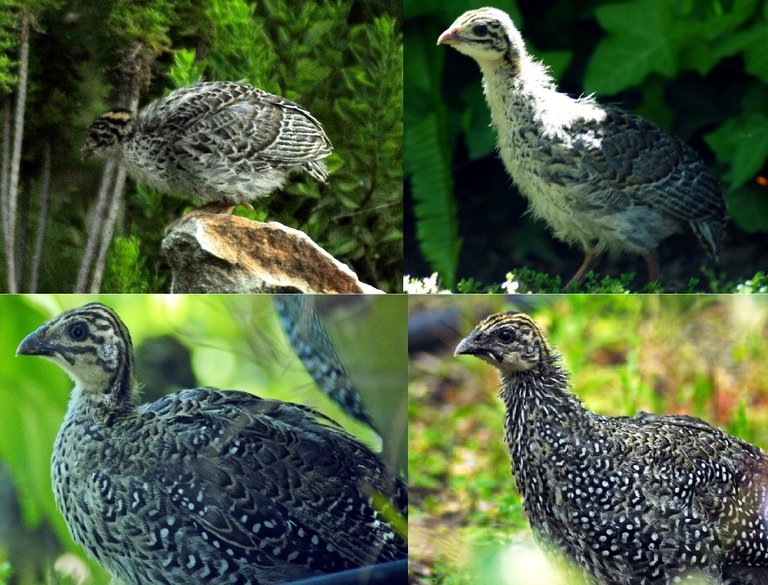
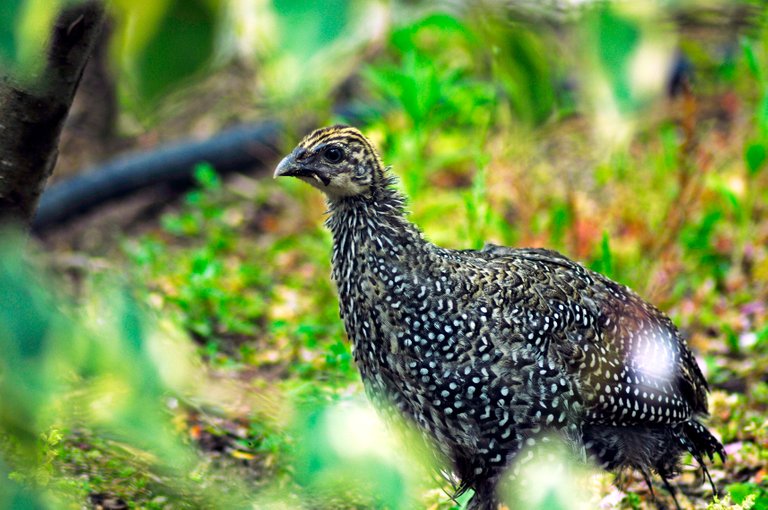
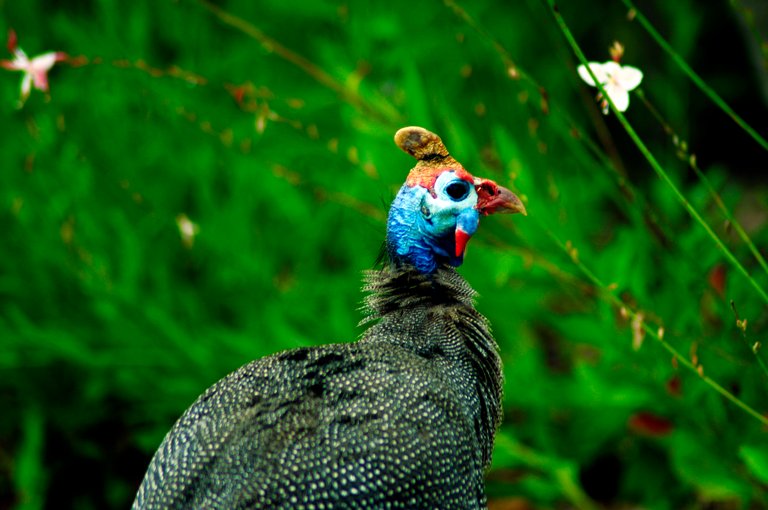
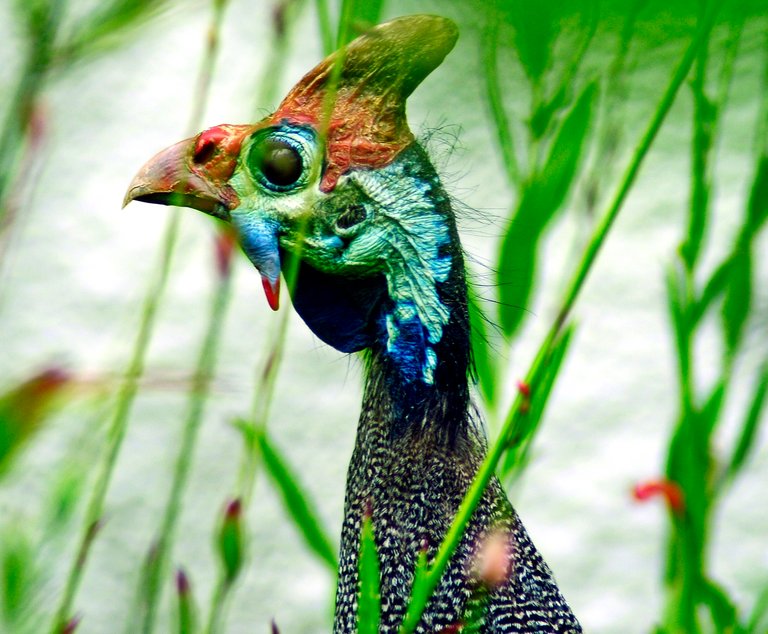
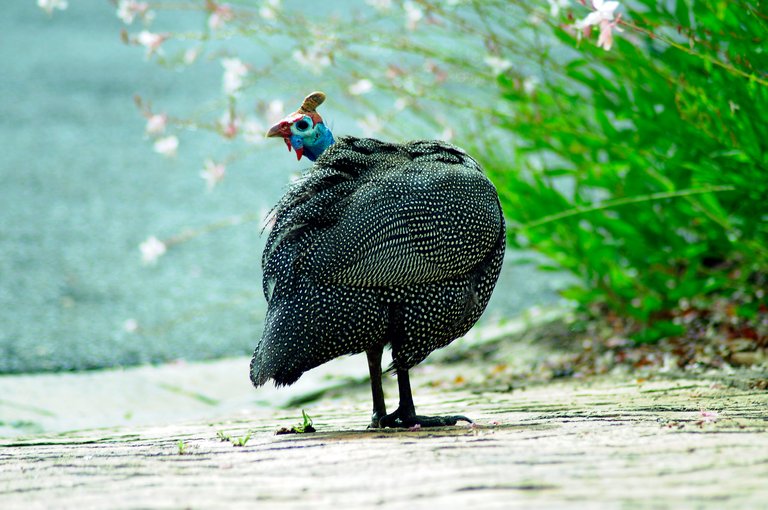
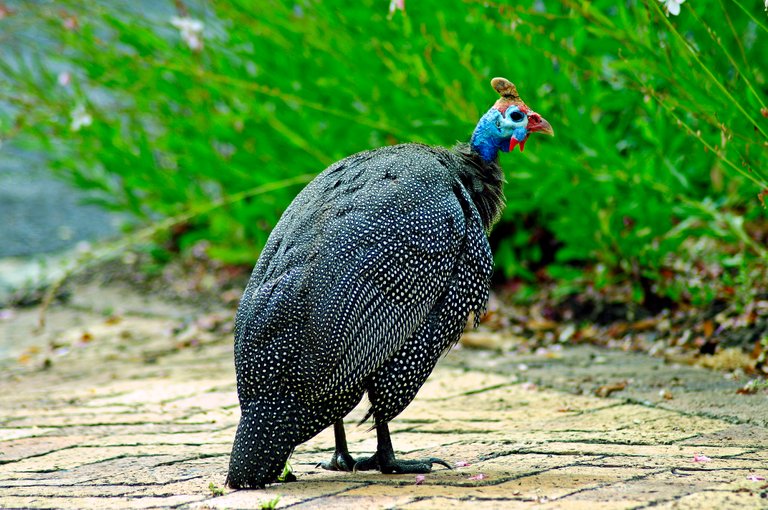
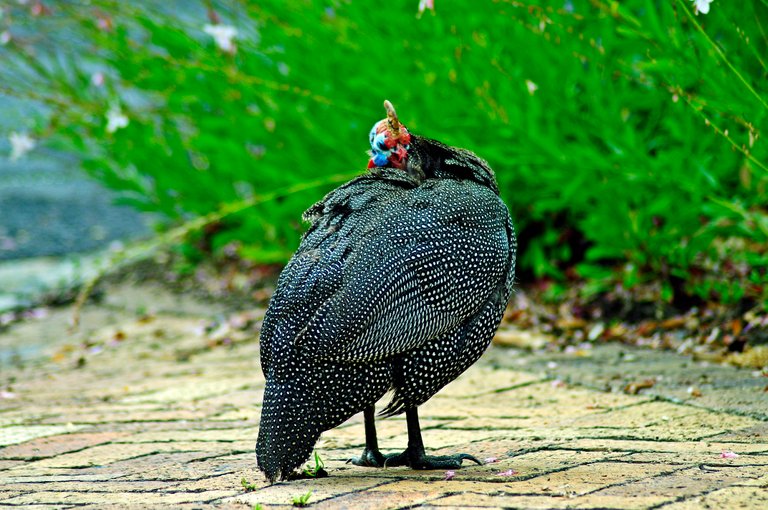
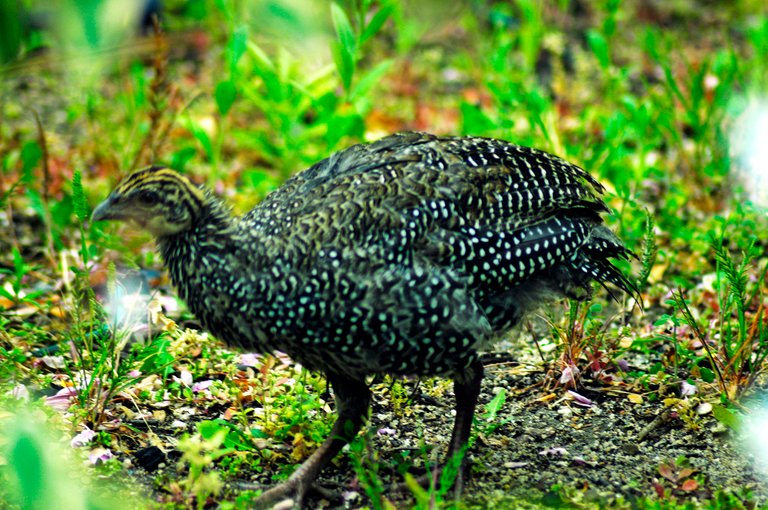
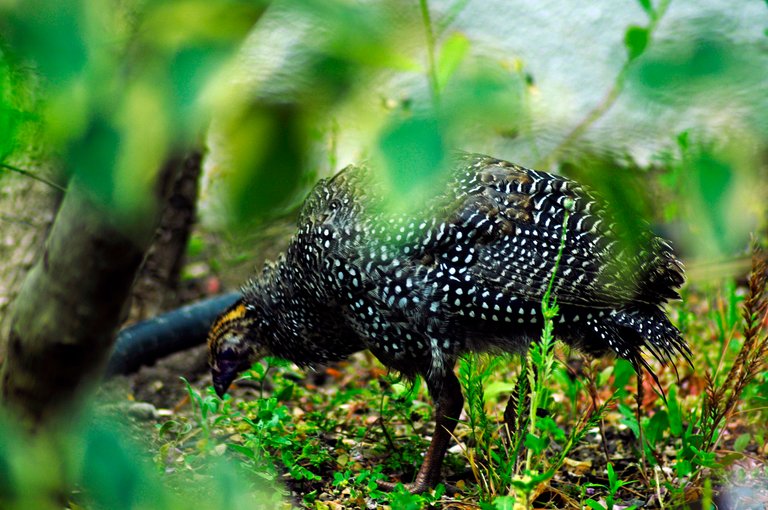
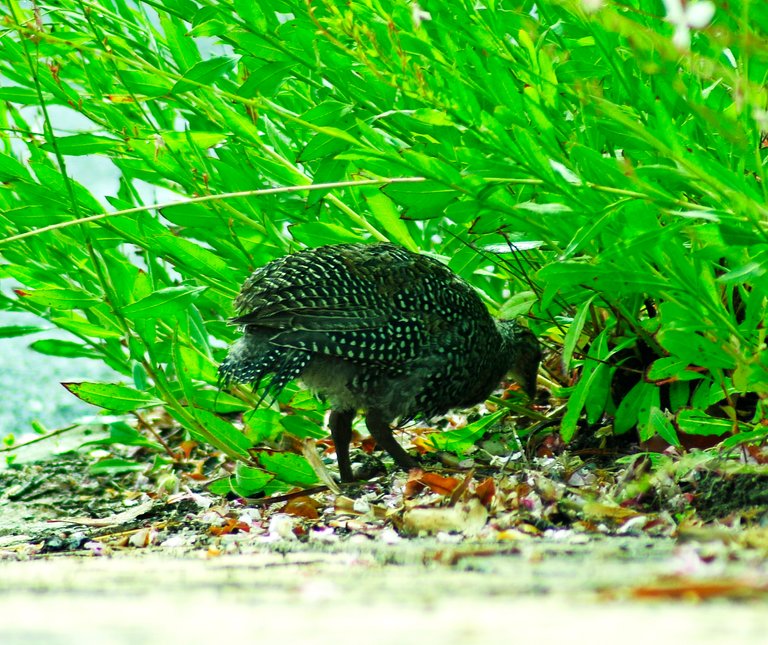
Proud protective parents indeed, lovely photography with them growing up in your garden.
Great to see you shared to #featheredfriends hope all the little ones make it to adulthood @fermentedphil
@tipu curate
Upvoted 👌 (Mana: 0/22) Liquid rewards.
I really hope so too! And thanks for this awesome community! :D
We have flocks of them here so I have high hopes for them!
Always amazing watching them grow up, change colour into adults. Problem is wild cats so hopefully they still as quick as I recall.
Here are so many, so I guess the wild cat population here is too little or they outrun them!
Fast little blighters are those young guinea fowl, cats are cunning and good hunters so keep an eye open you may have to protect one or the other....
Don't get me started on these cats. We have lost so many spotted dikkoppe due to them. I miss them! But they are aggressive the dikkoppe.
Congratulations @fermentedphil! You have completed the following achievement on the Hive blockchain and have been rewarded with new badge(s) :
You can view your badges on your board and compare yourself to others in the Ranking
If you no longer want to receive notifications, reply to this comment with the word
STOPDo not miss the last post from @hivebuzz:
Unbelievable, they are already grown up and don't hang out with mom and dad, I hope they have a long life.
I hope so too! There are various "hazards" here: other animals like bird, dogs, cats, eagles; and cars etc. that can put them in danger, but here are LOADS of them. They are so happy here it doesn't matter where you go there are flocks of them.
Fun to watch the grow up! Thanks for showing all their different stages with us!
Thanks so much for this awesome community in which I can share! :D
Those are some pretty birds @fermentedphil
Interesting username there as wellI've been fermented for much of my adult life. 😜
Down here in the Southern USA, they are raised as food animals, maybe even for their eggs.
I hit an adult with my van about 5 yrs ago (no longer have that van) I saw one crossing the road way ahead of me, I slowed down a bit, but I was nowhere near close enough for any calamity, as the first one was strolling up the embankment off the road, another came running from the same place HE had (I'm assuming the lead bird was male)
I stopped, gently picked up the bird and set it near the gate to the house it had been heading for.
I tried to alert the people in the house that I'd injured their bird, but no one answered.
I couldn't see any damage to my van, NOR to the bird for that matter, no blood nor lost feathers, it was alert and looking around
Thanks a lot! Yes, I think that fermentation, especially slowing down and thinking things over, is so important!
Also, my granddad always tells the stories from his past; he "collected" these birds and sold them to people who ate them. But recently here in the Western Cape (South West in South Africa), they made their homes in the quiet roads. The wikipedia page on these bird actually state this intersting fact.
they made their homes in the quiet roads.Did something get lost in translation?
How can they make their homes in a road? Quiet or not?
I'm not doubting your word, I just don't quite get that phrase @fermentedphil
Oh yes sorry! My native language we say phrases like "in the road" which does not always literally mean in the road. I am fascinated by language and this is something interesting you have pointed out and I think some others as well. In my native home language, things might translate as literal and then mean something weird like the road example. I think the more appropriate english translation I should have used is something like: in quiet streets, they often hang out and raise their chicks as there might be plenty of shelter and food.
Yes, I saw the (to me) more clear English words in the Wikipedia article.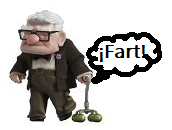
I too, love languages, although I don't KNOW anything but English, and American English at that.
But I DO have a fair vocabulary of Spanish, with a smattering of German, Italian, Hebrew and Japanese words picked up over the years.
I'm an old fart
Who has never left the USA
That is awesome though! I am stuck with Afrikaans (very similar but also very different from Dutch) and English. There is still a huge cultural divide in South Africa so only a few people go through the trouble to learn some of the Bantu languages like Xhosa or Zulu. I wish I could speak them but my ability to gain a new language is so bad. I have worked in kitchens (as a baker) beside fellow Africans and I have always tried to learn Xhosa but always fail.
Is Xhosa the one spoken by the Kalahari Bushmen? With all the clicks and pops?
To me, that is one of the most intriguing languages. It cannot be in any way related to any of the "Indo-European" languages.
Basque is another oddity, spoken (but slowly dying out) by the Basque people who live in extreme north Spain. It too, doesn't seem to derive from any Indo-European languages. Some have speculated that it is/was the language of Atlantis!
Ah... I see it now. Thanks for pointing me to the information @fermentedphil